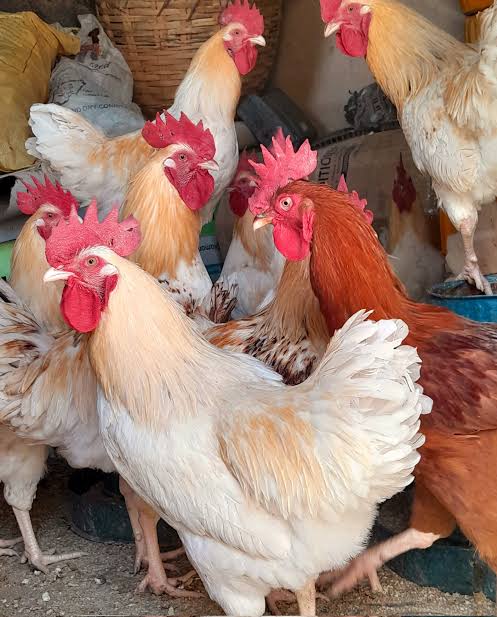In recent years, there has been a growing interest in Noiler chickens for poultry farming. These unique breeds offer several benefits that make them a popular choice among farmers. From their origin and characteristics to their economic advantages and health benefits, this article explores why Noiler chickens are a valuable addition to any poultry farm. Additionally, we will discuss the environmental impact of Noiler chicken farming and provide practical tips for raising these chickens successfully.
READ ALSO: LITTER MANAGEMENT IN POULTRY FARMING (1)
Understanding Noiler Chickens
Noiler chickens are a hybrid breed that originated in Nigeria. They are the result of a cross between the Nigerian indigenous chicken and the White Plymouth Rock chicken. This careful crossbreeding has created a chicken with exceptional qualities.
Origin and characteristics of Noiler chickens.
The Nigerian indigenous chicken, known for its resilience and ability to survive in challenging environments, has been a staple in local farming for generations. On the other hand, the White Plymouth Rock chicken is renowned for its meat quality and growth rate. By combining these two breeds, breeders aimed to create a chicken that would inherit the best traits from both parents.
READ ALSO: LITTER MANAGEMENT IN POULTRY FARMING (2)
One of the defining characteristics of Noiler chickens is their adaptability to harsh environments. They can thrive in various climatic conditions, making them suitable for a wide range of poultry farms. Whether it’s scorching heat or cold winters, Noiler chickens can withstand the challenges presented by different climates.
Additionally, Noiler chickens have a remarkable growth rate, reaching maturity quicker than many other breeds. This fast growth translates into several economic advantages for farmers. Not only do Noiler chickens require less time and resources to raise, but they also provide a quicker return on investment. This makes them an attractive option for poultry farmers looking to maximize productivity.
READ ALSO: LITTER MANAGEMENT IN POULTRY FARMING (3)
The Difference Between Noiler Chickens and Other Breeds
Compared to other chicken breeds, Noiler chickens offer several unique advantages that set them apart. One of the most significant advantages is their higher feed conversion ratio. This means that Noiler chickens efficiently convert feed into meat, resulting in more weight gain per unit of feed consumed. As a result, farmers can save on feed costs, making Noiler chickens a cost-effective choice for poultry farming.
Furthermore, Noiler chickens are known for their resistance to common poultry diseases. This resistance is a result of their genetic makeup and the careful selection process during breeding. As a result, Noiler chickens are less susceptible to diseases that can often plague other breeds. This reduced risk of disease not only saves farmers from potential losses but also decreases the need for vaccinations and medication. Consequently, farmers can enjoy lower costs and a healthier flock.
READ ALSO: Water Management in Poultry Production
Moreover, the resistance of Noiler chickens to diseases also contributes to the overall sustainability of poultry farming. With fewer diseases to combat, farmers can reduce their reliance on antibiotics and other medications, promoting a more environmentally friendly approach to poultry production.
In conclusion, Noiler chickens are a remarkable breed that combines the best traits of the Nigerian indigenous chicken and the White Plymouth Rock chicken. Their adaptability, fast growth rate, efficient feed conversion, and disease resistance make them an excellent choice for poultry farmers seeking both economic and environmental sustainability.
Click HERE to join our WhatsApp group

